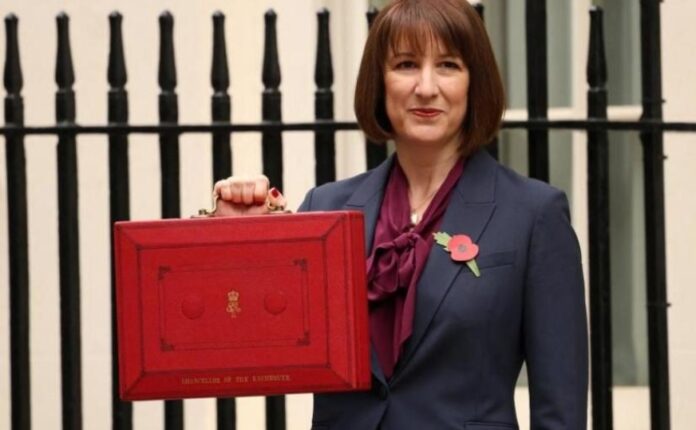Nearly four months after taking office, the U.K.’s new Labour government on Wednesday unveiled a debut budget plan that will include £40 billion ($51.8 billion) worth of tax rises to plug a hole in the public finances and allow for investment in public services.
One move expected to be one of the biggest revenue-raisers for the U.K. Treasury, is a hike in the amount employers pay out in National Insurance (NI) — a tax on earnings. British Finance Minister Rachel Reeves also detailed increases to capital gains tax and private school fees, and a freeze on fuel duty.
She also pledged to cut the duty on draft alcohol and abolished the controversial “non-dom” tax regime. One surprise move was a freeze on income tax and National Insurance thresholds for workers — seen as a stealth tax by many.
She repeated her claim that Labour this summer exposed a £22 billion “black hole” in the previous Conservative government’s spending plans, which the opposition party has previously refuted. Reeves further announced plans to catalyze £70 billion of investment through the National Wealth Fund, the U.K.’s newly created sovereign wealth fund.
Meanwhile, the independent Office for Budget Responsibility released updated U.K. forecasts saying real GDP growth will pick up from close to zero last year, to 1.1% this year, 2% in 2025, and 1.8% in 2026. That compares with previous forecasts for 0.8% growth in 2024 and 1.9% in 2025.
Reeves had faced backlash for not holding the budget closer to Labour’s July 4 election win, with critics saying the delay has cast a cloud of uncertainty over the economy and businesses. (CNBC)





